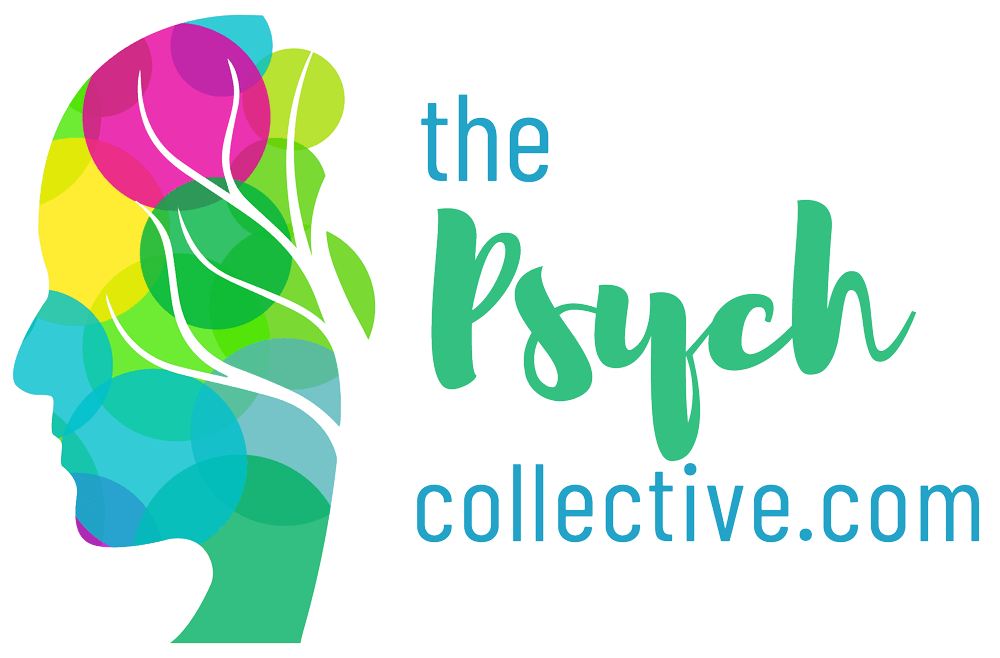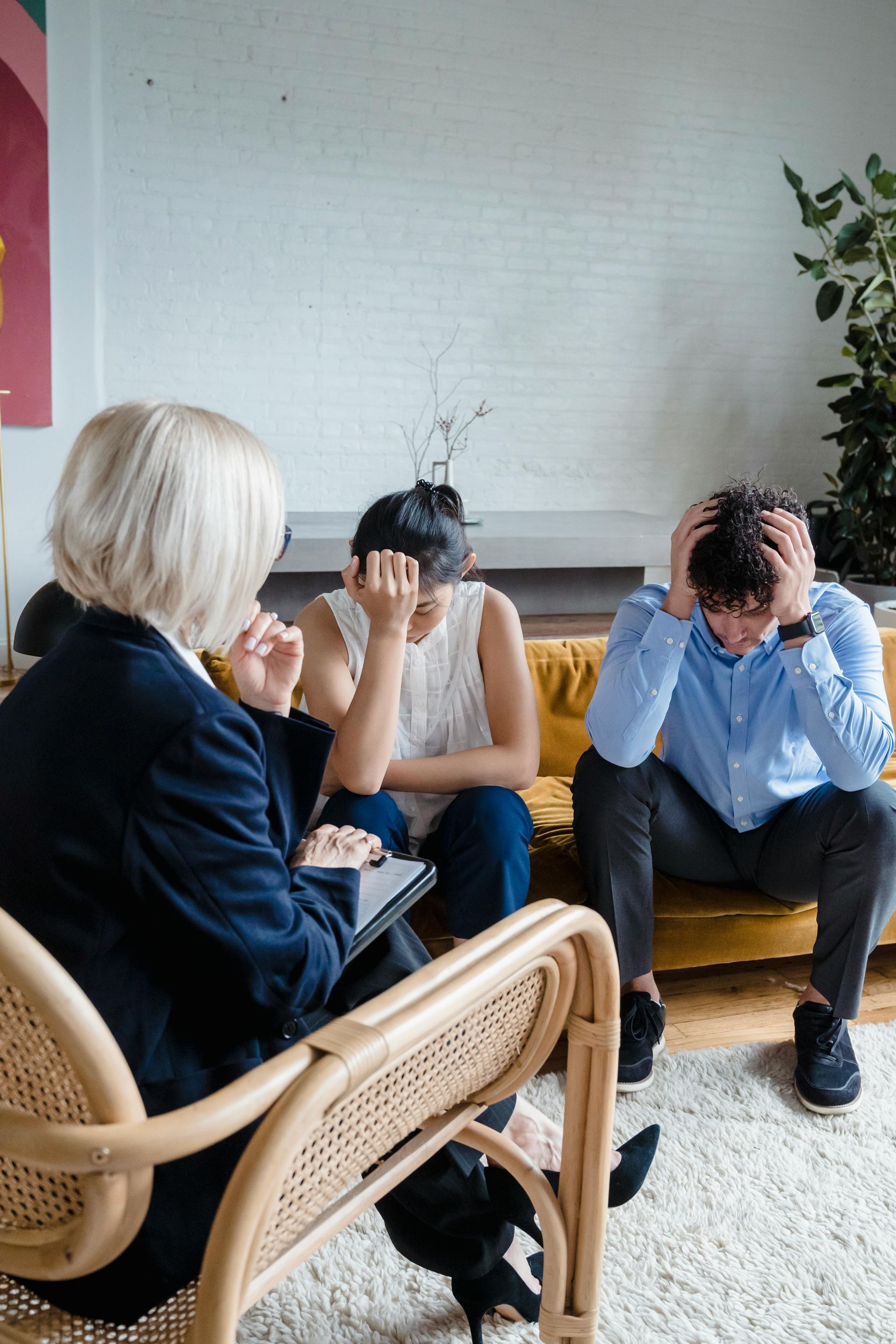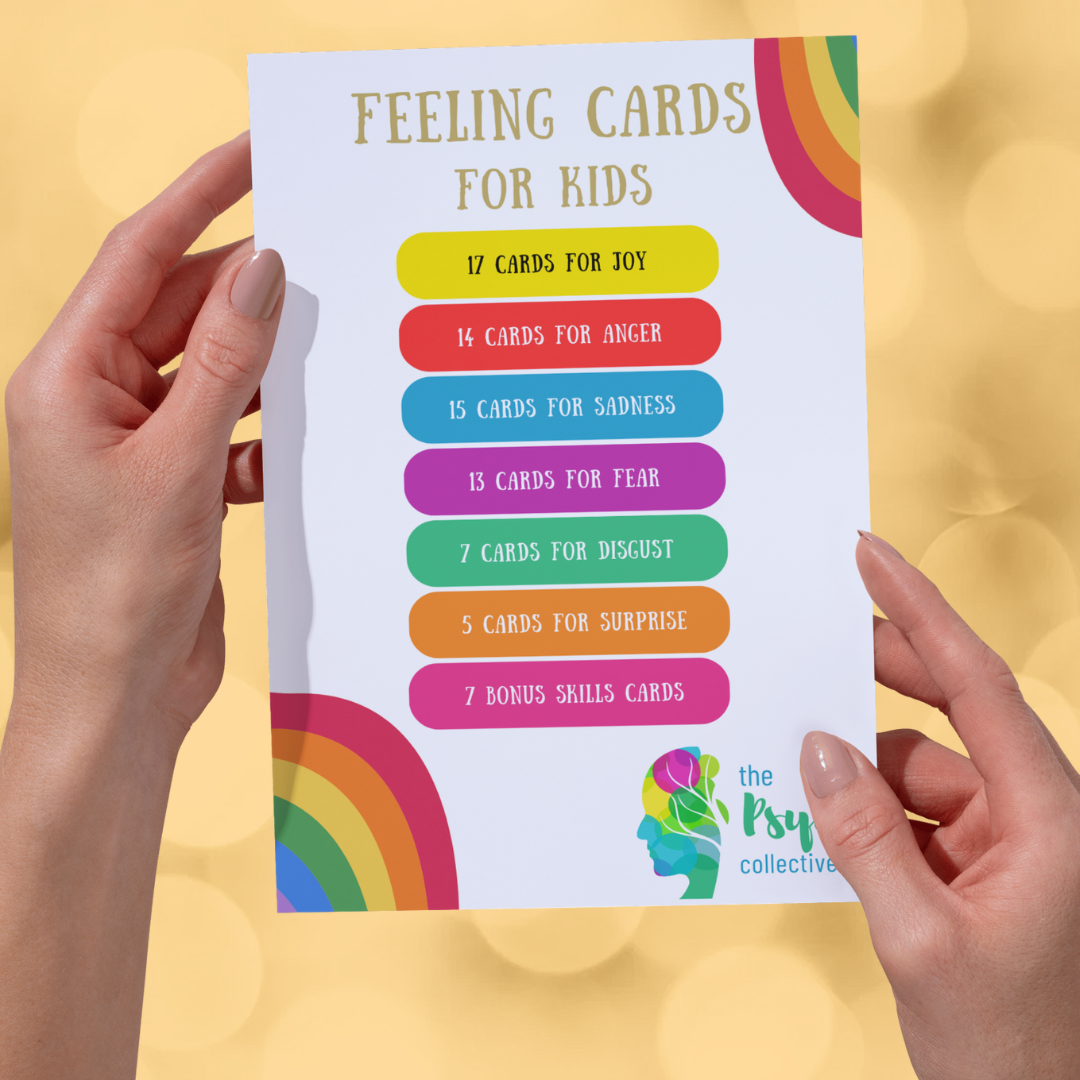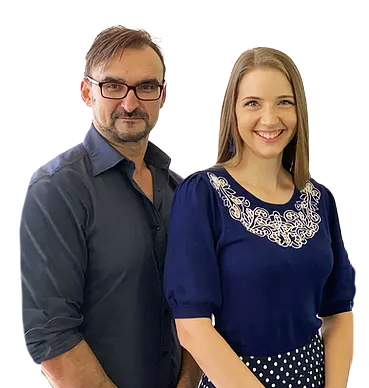What can I do to reduce anxiety?
There are numerous approaches:
Behaviour therapy, cognitive therapy, removing things which induce anxiety, reducing stress burden and increasing stress tolerance.
Behaviour therapy is a psychological therapy where one approaches ones fears in a voluntary and deliberate manner. It’s done in a graduated way, starting with tackling something hard but do-able. Eg if the anxiety is about taking an elevator, then start by pressing the button and peering in when the door opens. Repeat that until it’s easy, say ten times a day for a few days. Then when the elevator comes, go in and come back out without actually riding it. Repeat that until easier. Then ride one floor. Repeat that. Add more floors and keep repeating.
In the case of generalised anxiety, behaviour therapy can entail writing a narrative of your worst fears, a “worry story”. Where you end up alone, broke, homeless or whatever your ultimate fear is and how you got there. Then repeatedly read/rewrite it. This can really put things into perspective. And reduce that fear and make things more realistic and make you more courageous.
Cognitive therapy gets people to question the logic of the anxiety and identify faulty and unhelpful thinking patterns or thought traps, which can be habits of mind.
Reduce the stress burden. In addition to sedative/stimulants and difficult people/relationship/news cycle what else in your life is both stressful and meaningless? Could be comparing yourself to others in social media, could be a job you hate, could be the mess in your home. Look out for stressful things. Get rid of what you can.
Increase stress tolerance. Ever met an anxious Buddhist? Meditation may not sound like your cup of tea, but it’s clear than everyone can learn to do it and it both improves tolerance to stress and reduces anxiety. Meditation is NOT clearing your mind. Meditation is practicing deliberate awareness of your thoughts and acts to kind of elevate you above them. So you're not immersed in the automatic negative thoughts/automatic emotions. One can become observant of thoughts rather than being trapped under the weight of them. The PRO section of the Headspace app has 60 days of instruction. The PRO section is buried in there. It’s worth finding (I have no affiliation).
Other practices to improve stress tolerance include things which proactively focus on improving you. Exercise, eating well, a hobby, learning a skill (start with meditation!), travel/exploration, doing meaningful things like helping those who you love or helping others. Doing meaningful things will give you a meaningful life. Doing meaningless things feels meaningless and demoralising.
Other approaches. Functional/integrative medicine practitioners often point to inflammation and gut processes as contributing to mood/anxiety. Sometimes these approaches are helpful, it usually entails elimination diets etc. These can be very powerful if there are underlying problems such as autoimmunity playing a role.
Medications. Most people don’t do the above so their doctors point them to pills. They generally seem to help by making people more indifferent. When you’re more indifferent you’re less anxious. When the meds stop things often go back. Sometimes stopping meds can be a nightmare. I avoid commencing the noradrenaline affecting ones (eg venlafaxine) which at higher doses seem to make some anxiety worse and can be hard to stop. And I avoid regular sedatives like benzodiazepines.
Share
Categories
About Our Resources
We offer actionable resources and teach real skills to help people make meaningful change in managing mental health issues through different modes depending on people's learning preferences including infographics, text, worksheets, handouts and video.
